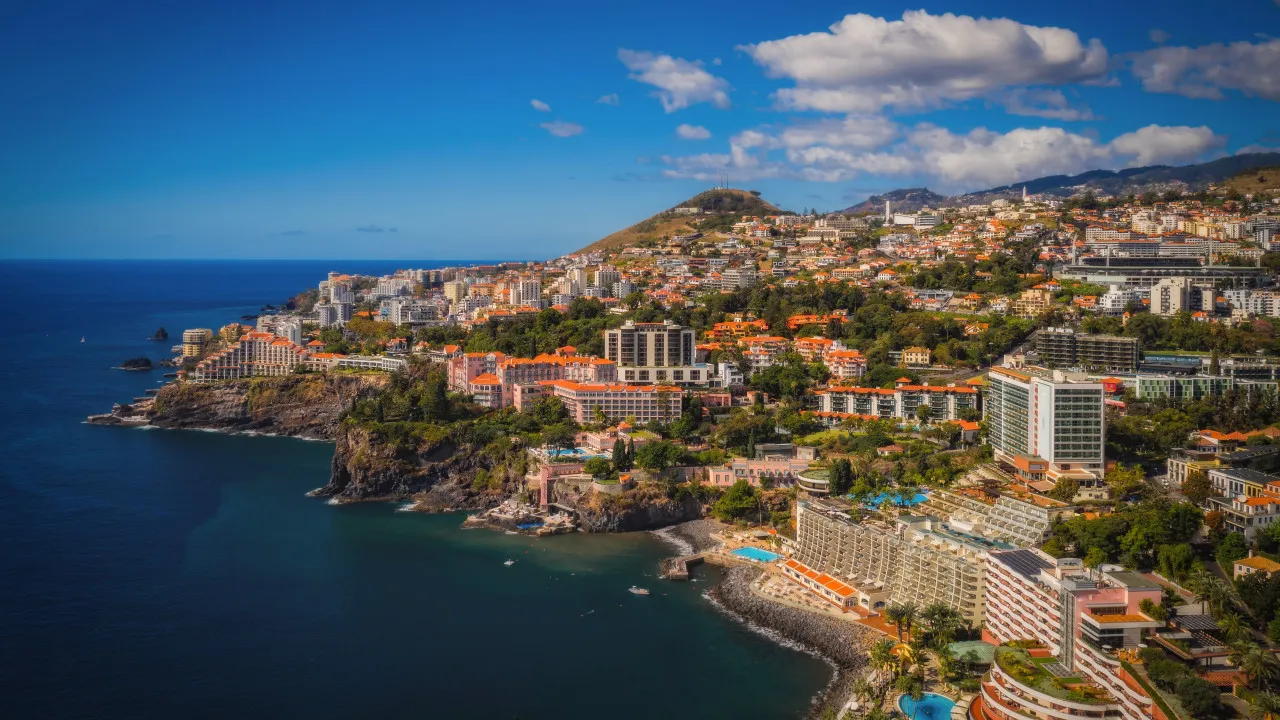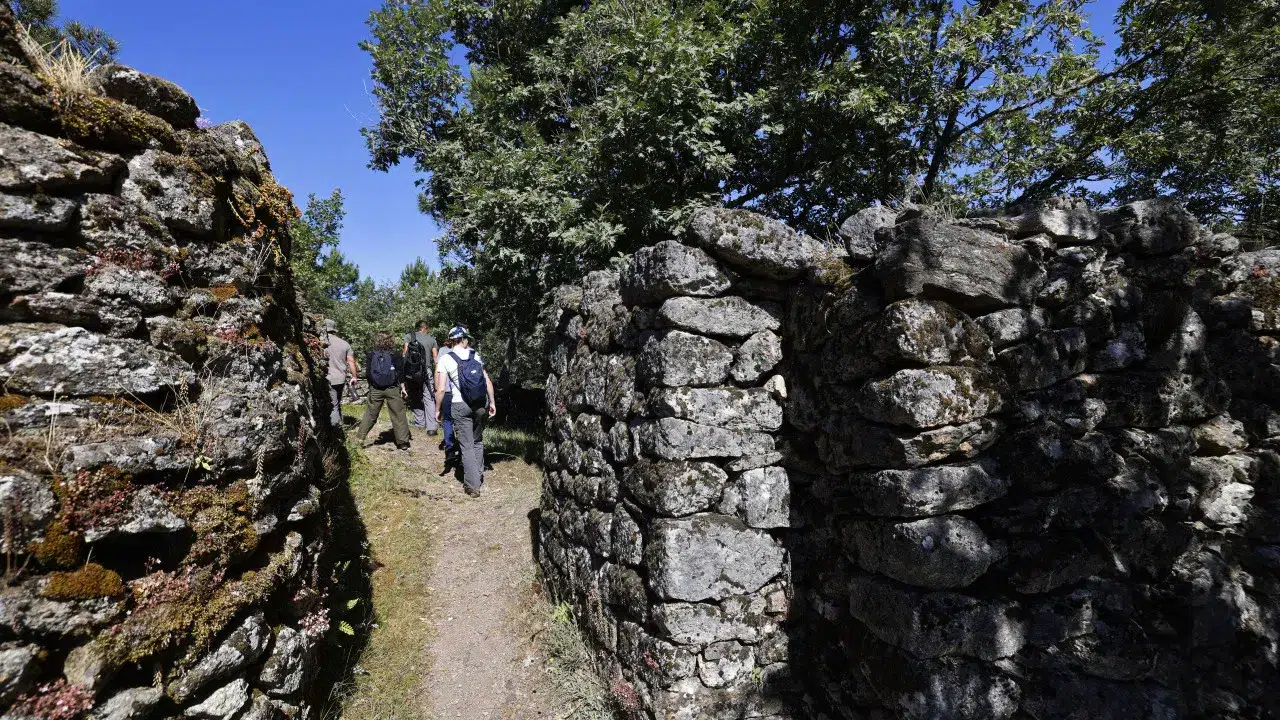
The Madeira region has officially become part of the jurisdiction under the Convention for the Protection of the Marine Environment of the North-East Atlantic (OSPAR), enhancing its “leadership position” in ocean governance, the Regional Government announced today.
In a statement, the Madeira executive (PSD/CDS-PP) noted that the decision was unanimously taken at the OSPAR ministerial meeting held in Vigo, Spain, on Thursday, marking a “historic milestone” for the autonomous region.
“This is a historic step that elevates Madeira as a reference in marine affairs governance and reaffirms our role as guardians of the Atlantic Ocean’s sustainability,” said Eduardo Jesus, Regional Secretary for Tourism, Environment, and Culture, in the statement.
The extension of OSPAR’s jurisdiction to the Macaronesia region, which includes the Madeira and Canary archipelagos, strengthens the convention’s biogeographic and ecological coherence, facilitating more effective and integrated actions on the North-East Atlantic marine ecosystems, the official added.
Thus, Madeira gains a seat in discussions and decisions concerning scientific research, pollution control, conservation, and sustainable use of the ocean, also opening financing and cooperation opportunities for regional research centers.
“It was a long and demanding process, but the consistency of Madeira’s public policies, our history of managing protected marine areas, and the excellence of our research centers were crucial for this recognition,” stated Manuel Ara Oliveira, Regional Director of Environment, in the same statement.
He emphasized that the presence of rare species such as the Zino’s petrel and the Bugio petrel — two of the world’s most endangered seabirds — and the importance of Madeiran waters as spawning and migration areas for species like the black scabbardfish, highlight the region’s biological significance.
Furthermore, Macaronesia is a “key region” for critical global infrastructures, such as submarine cables, maritime transport routes, and ocean current flow, justifying an “integrated governance vision beyond national borders.”
The OSPAR Convention, resulting from the merger of the Oslo (1974) and Paris (1978) conventions, came into effect in 1992, with Portugal as one of its founding countries. It encompasses 16 European states and the European Union, with a jurisdictional area extending from the Arctic to the North Atlantic, including international waters.
“With this extension, Madeira’s Exclusive Economic Zone (EEZ) is formally included under OSPAR’s jurisdiction, enhancing the region’s presence on the international stage of environmental and maritime policy,” the Regional Government emphasized, adding that OSPAR plays a “vital role” in marine pollution prevention, biodiversity protection, and formulating strategies to address climate change challenges, invasive species, marine litter, maritime transport, and offshore exploitation.




